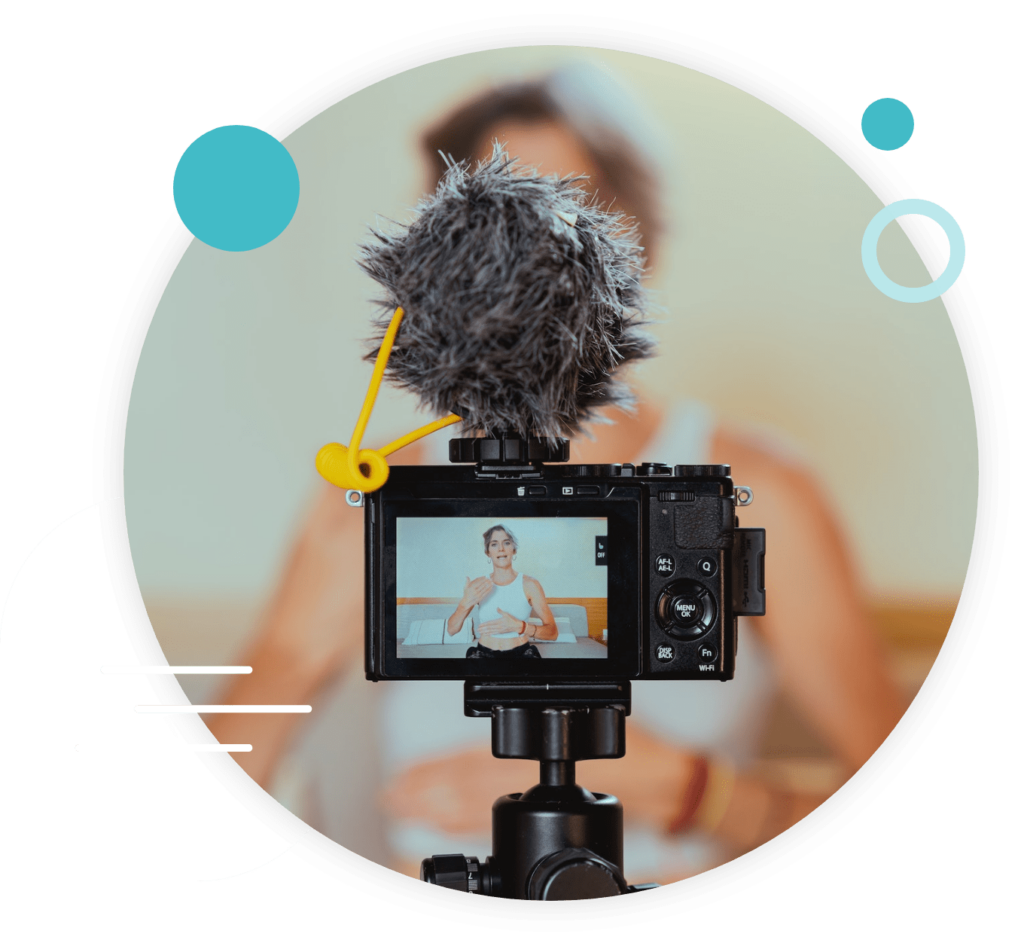Mindset/Personal Development
We all have a responsibility to influence others—from clients to team members to social media. But how skilled are we at this role, and can we become better? Turns out many of our instincts—from relying on facts and figures to shape opinions to insisting others are wrong or attempting to exert control—are ineffective because they are incompatible with how our minds operate.
Evidence Does Not Change Beliefs
While we adore data, the problem with an approach that focuses on information and logic is that it ignores the core of what makes us human: our motives, our fears, our hopes, and our desires.
Data can’t always change strong opinions. Established beliefs can be extremely resistant to change, even when scientific evidence is provided to undermine those beliefs.
How To Change Someone’s Mind
An attempt to change someone’s mind will be successful if it aligns with the core elements that govern how we think:
- Prior beliefs
- Emotion
- Incentives
- Agency
- Curiosity
- State of mind
- Other people
The Boomerang Effect
This occurs when people receive information that goes against their opinion and they come up with altogether new counterarguments that further support their original view.
When you provide someone with new data, they quickly accept evidence that confirms their prior beliefs and assess counterevidence with a critical eye.
Analytical Personalities Tend To Twist Data
The greater your cognitive capacity, the greater your ability to rationalize and interpret information at will – reshaping the data to make it align with your opinions.
The Power Of Common Motivations
When the listener’s emotions mirror those of the speaker, it’s more likely that the listener will understand the information the same way the speaker does.
If I feel happy and you feel sad, we are unlikely to interpret the same story in the same way. But if I can first help you feel as happy as I do, perhaps by sharing a joke, you will be more likely to construe my message the way I do.
People with stronger analytic abilities are more likely to twist data at will than people with low reasoning abilities.
Our Relationship With Control
When people feel they can’t control their environment, they often experience stress and anxiety.
Control is tightly related to influence. When you change someone’s beliefs or actions, you’re exerting some control over them. One way to express control is to make a choice.
People Like To Choose
Because we often experience better outcomes following choice, the association between choice and reward has become so strong in our minds that choice itself has become rewarding.
However, when a decision is too complicated, it can be easier to avoid making a choice. For instance, when people are presented with too many options, they can become overwhelmed and decide not to choose anything at all.
“A further possibility is that our conscious selves might suffer from characteristic uncertainty about our true values, and gather information about them from choices we make (the Jamesian: “How do I know what I like until I see what I pick”).”
― Tali Sharot
Two Phenomena That Can Result In Not-So-Wise Crowds
The human brain tends to produce unconscious biases. From cognitive biases to errors in decision-making and forecasts, the human brain has evolved for greatness but has preserved countless biases.
Additionally, humans have a natural inclination for social learning, meaning we often seek information and guidance from others. However, since these individuals we consult also have their own biases, inevitably, falsehoods can sometimes increase when people come together.
Written and contributed by Ric Zarate
___
If you want to read more about this, check out:
‘The Influential Mind: What the Brain Reveals About Our Power to Change Others’ by Tali Sharot




